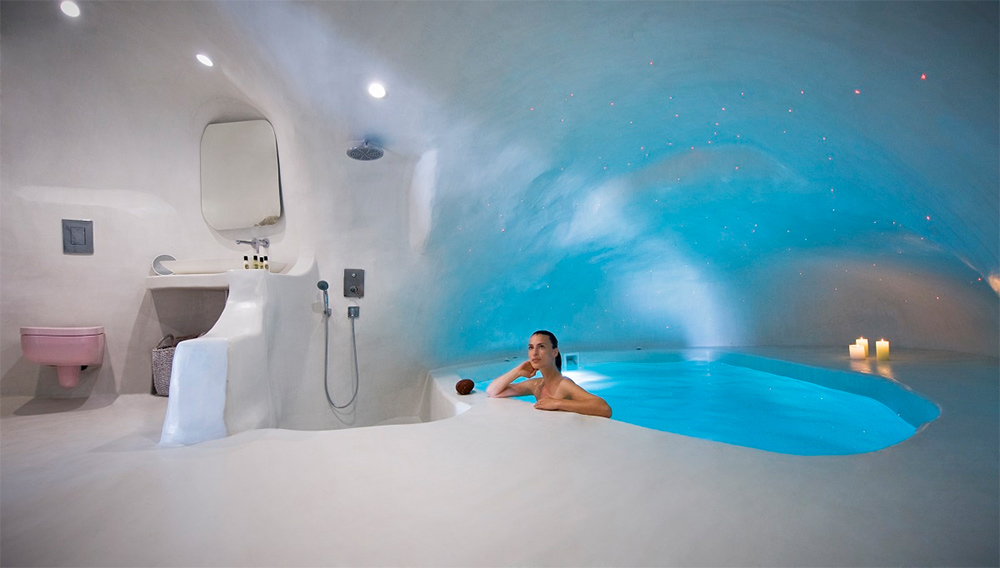With the rise of experiential travel, luxury is no longer about enormous penthouses, 24-hour butler service and high powered sports cars. Luxury is about real and authentic experiences, secluded and undiscovered gems and enjoyed an emotional connection to a place. There will always be a place for the monolithic 5-star hotels like the Savoy, just as there is a place for the cheap and cheerful Premier Inn. These places have their markets, but new hotels will find it difficult to compete on either price or opulence, so it makes sense that hoteliers look to the boutique model in order to differentiate their offer.

Think deep, not broad
People go to boutique hotels because they’re sick of seeing the same generic rooms in each location they stay at. Yet they don’t quite have the budget for huge luxury locations. In your designs, you need to go bold. A great inspiration to look at is the 62-roomed Merchant Hotel in Belfast. But it’s not the small number of rooms that makes it the definition of boutique. You might not have the Victorian-age architecture to work with, but you can follow their dedication to style. The hallways are minimally lit, adorned with beautiful models on each door. Meanwhile, marble pillars and gold chandeliers only contribute to the image of hedonistic revelry. It’s not a place that plays it safe. It markets a theme and goes full-tilt for it. Going boutique is your opportunity to get creative.

Luxury budget
Boutique hotels aren’t cheap and shouldn’t be. But they have to know where cost-effectiveness matters. When it comes to choosing a design for a boutique hotel, you’ll find that ‘prefabricated’ is a quality rarely top of the list. Yet, if you want to be able to profit while hitting your target market, you need to think with your wallet. The safest place to do that is with the bathroom. Hotel bathroom pods are worth considering not only because they’re cost effective. They’re also a lot easier to maintain thanks to touches like double skinned walls and waterproof floors. As a boutique hotel, you’re likely to have less staff and plenty more demand on each individual to consider. Just make sure you’re willing to go a little further in your budget for bespoke designs. You don’t want someone recognising the design of your bathrooms for another place they stayed at.

Retention is key
Hotels are, at the end of the day, an emotional choice. People rationalise why they stay at one place or the other. To strike out against bigger and more established brands, you need to make that emotional connection the priority. Customer engagement is crucial. From front-desk service to a personal welcome card asking for specific preferences. Investing in your staff is another key point of that process. You need to find the people who have a passion for hospitality, for service and for prestige. In that regard, Peter Taylor of the Town House Collection recommends one thing above all else. Get out to the colleges and the schools and get the young people interested. Be an active recruiter.
Aspiration and dedication are what boutique hotels are all about. The luxury experience in a more affordable package, but with plenty of emotional and branding heft. Those are the keys to succeeding as a new hotel in a market that seems to be getting less original as time goes on. There’s still room to squeeze in, you just have to be willing to take a risk.